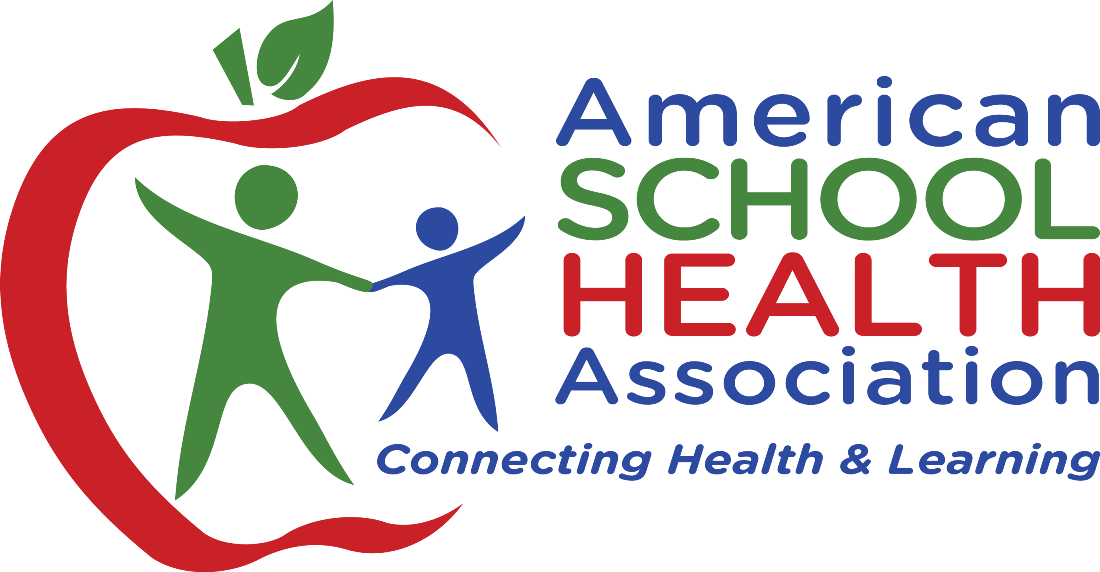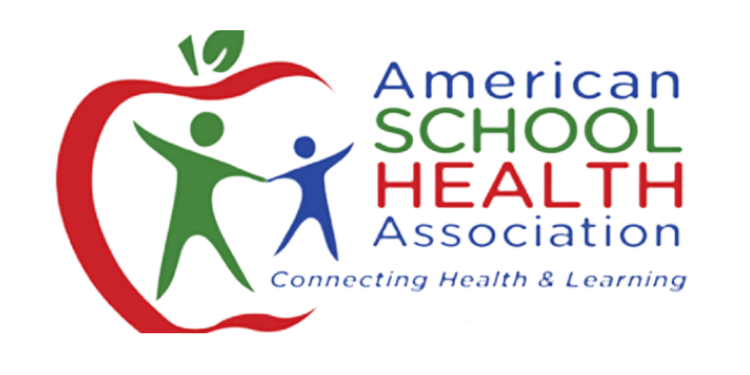A Message from ASHA on COVID-19 and School Health
COVID-19 and School Health
A Message from ASHA President, Dr. Kayce Solari Williams
A Message from ASHA Executive Director, Dr. Jeanie Alter
Out of an abundance of caution, the ASHA staff is practicing social distancing and working remotely. This may mean slower response times. However, we are still supporting our school health professionals no matter the local conditions. We know that there are no clear answers about what is right for your students. Schools must work with the circumstances and seek information and guidance from state health departments to determine the best course of action. For up-to-date information, we encourage you to visit the Centers for Disease Control and Prevention for their Interim Guidance for Administrators of U.S. Childcare Programs and K-12 Schools. We urge you to consider the educational continuity, food security, and safety of students no matter what decisions are made.
On March 16, the President announced the Coronavirus Guidelines for America – 15 Days to Slow the Spread. The guidelines include actions like:
- Even if you are young, or otherwise healthy, you are at risk and your activities can increase the risk for others. It is critical that you do your part to stop the spread of the coronavirus;
- Avoid social gatherings in groups of more than 10 people;
- Avoid eating or drinking in bars, restaurants, and food courts – use drive-thru, pickup, or delivery options;
- Practice good hygiene, including washing your hands, avoid touching your face, sneeze or cough into a tissue or in the inside of your elbow, and disinfect frequently.
We encourage parents to set limits with their children of all ages to reduce interaction. This may include canceling plans or scheduled activities, not allowing play dates, or avoiding visits with grandparents for the time being.
Be assured, schools will resume at some point and plans for re-entry and recovery will be needed. ASHA is working with CDC to best prepare schools for the return to normal operations. This may involve increased mental health services (e.g., stress, bereavement), support for missed instructional time, school immunization clinics, and preparing for the next event.
Resources:
- ASHA Webinar: Pandemic Preparedness-School Plans for Coronavirus
- COVID-19 – EDUCATION & HEALTH SECTORS (As of 3/19/20)
- UPDATED Guidance for School Settings from CDC (As of 3/13/20)
- Classroom Resources for Teachers from CDC Healthy Schools
- CDC FAQs for Administrators of K-12 Schools and Childcare Programs
- US Department of Education Information and Resources for Schools
- EPA’s Registered Antimicrobial Products for Use Against Novel Coronavirus SARS-CoV-2, the Cause of COVID-19 (As of March 13, 2020)

